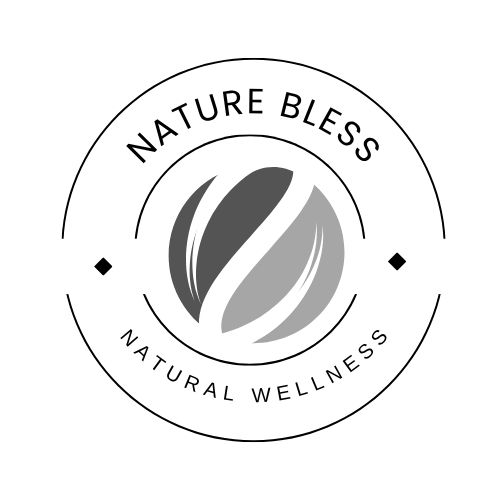Winter causes our immune systems to handle a stronger mix of colder temperatures, less sunlight and more viruses. In this comprehensive guide to Herbs for Winter Defence, we’ll explore how traditional herbal wisdom combined with modern scientific research can help you build robust immunity during the most vulnerable time of year.
Being Aware of The Enhanced Immune Risk in Winter
Understanding why winter brings higher risks for illness is important before we explore the top herbs for defence:
-
Sunlight is Being Blocked Out.
-
Ways in Which Cold Air Makes Things Worse
-
Leaves the nasal passages dry, lowering the body’s natural protection
-
Shrinks blood vessels, which cuts down on the movement of immune cells
-
-
Indoor Confinement
-
Being around circulating contaminated air and germs
-
Fewer chances to be physically active
-
-
Holiday Stress
-
Higher cortisol levels reduce how well our body’s immune system can work
-
Upsetting usual routines can interfere with sleeping and eating well.
-
Because of these factors, Herbs for Winter Defence ensures good health when the weather turns chilly.
Science and Herbal Immune Support
Current studies confirm what ancient medicine believed – that herbal medicines include potent substances that:
-
Encourage the body to make more white blood cells
-
Improve the ability of the body to make antibodies
-
Able to directly work against viruses and bacteria
-
Cut down on inflammation, since it lowers how well the immune system can protect you
Researchers published a meta-analysis in Phytotherapy Research in 2022, examining many clinical studies and found that properly made herbal remedies can greatly decrease the number and length of winter illnesses.
The Top 10 Herbs for Winter Defence
1. Elderberry (Sambucus Nigra)
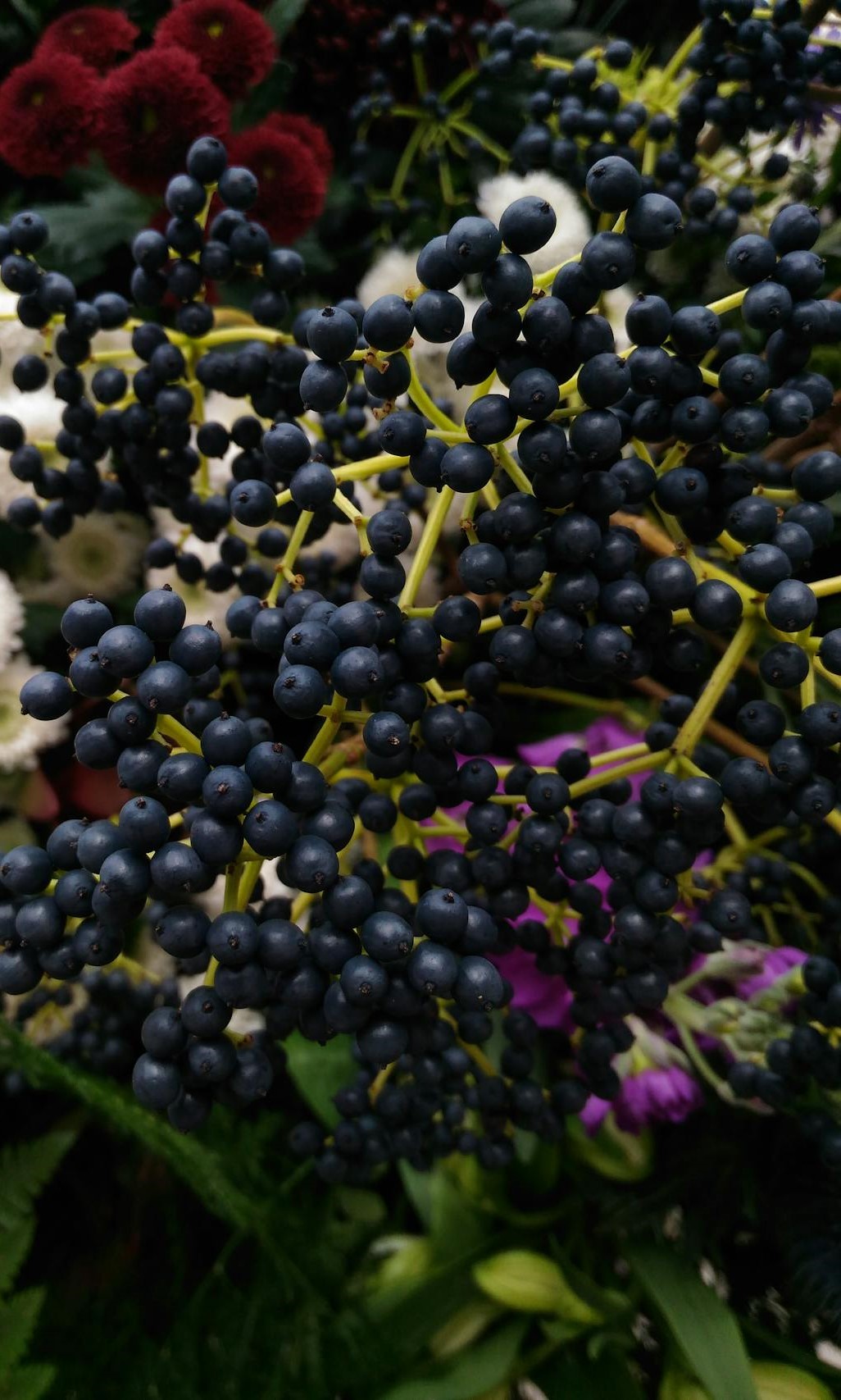
-
-
Key Benefits:
-
They are full of anthocyanins that interrupt viruses from replicating
-
Improves the speed at which flu symptoms go away.
-
Strong protection from free radicals
-
-
Scientific Support:
-
In a randomised controlled trial in 2019, elderberry was found to reduce the length of colds by about 3.1 days.
-
-
Best Forms:
-
Standardized syrups
-
Herbal extracts made with glycerin instead of alcohol for young children
-
Dried berries to use in herbal teas
-
-
Usage Tips:
-
Use antiviral drugs if someone is feeling sick or when you are around many people during flu season.
-
-
-
An Example is Echinacea (Echinacea Purpurea or Echinacea Angustifolia)
-
Key Benefits:
-
Makes the body generate more immune cells.
-
Improves the work of macrophages
-
Makes it less likely you will get a cold
-
-
Scientific Support:
-
A review performed in 2020 found that echinacea used before symptoms appeared lowered the chance of getting a cold by 35%.
-
-
Best Forms:
-
Root tinctures made with freshly picked herbal roots
-
Standardized capsules
-
Making formulas containing different immune-supporting herbs
-
-
Usage Tips:
-
They are more effective when started early, before illness starts and should be used for at least 2-3 weeks.
-
-
-
The Herb, Astragalus (also known as Astragalus Membranaceus), is used in Many Cultures
-
Key Benefits:
-
Preventative help for tired or overworked immune systems
-
Results in more white blood cells being produced
-
Blocks respiratory infections from getting in.
-
-

Astragalus Flowers Scientific Support:
-
The Journal of Ethnopharmacology reports that astragalus can increase immune cell actions.
-
-
Best Forms:
-
Root slices that have been dehydrated for making soup.
-
Root extract offered as capsules
-
Alcohol extracts
-
-
Usage Tips:
-
Long-lasting effects for winter prevention, recommended for people who often get sick.
-
-
-
Herbal Medicines (Reishi, Shiitake, Maitake)
-
Key Benefits:
-
They are rich in beta-glucans, which stimulate the immune system
-
Maintain and assist the body’s immune control.
-
Antioxidants help your skin from being damaged.
-
-
Scientific Support:
-
A study conducted in 2021 concluded that mushroom polysaccharides play a big part in improving the immune response.
-
-
Best Forms:
-
Dual-extracted tinctures
-
Powdered blends
-
How to cook food using fresh mushrooms
-
-
Usage Tips:
-
Eating a mixture of different mushrooms can give you different benefits.
-
-
-
The Common Name for This Plant is Andrographis (Andrographis Paniculata)
-
Key Benefits:
-
Powerful ability to treat viruses and bacteria
-
Allows cold symptoms to dissipate more quickly
-
Helps control body temperature during a fever
-
-
Scientific Support:
-
Research with people shows that it shortens the duration of a cold by 2-3 days.
-
-
Best Forms:
-
Standardized extracts
-
Formulas that have been handed down in Ayurveda
-
-
Usage Tips:
-
Treatment should start when symptoms first appear for the greatest benefit.
-
-
-
The Root of a Plant from the Zingiber Family Known as Ginger (Zingiber Officinale)
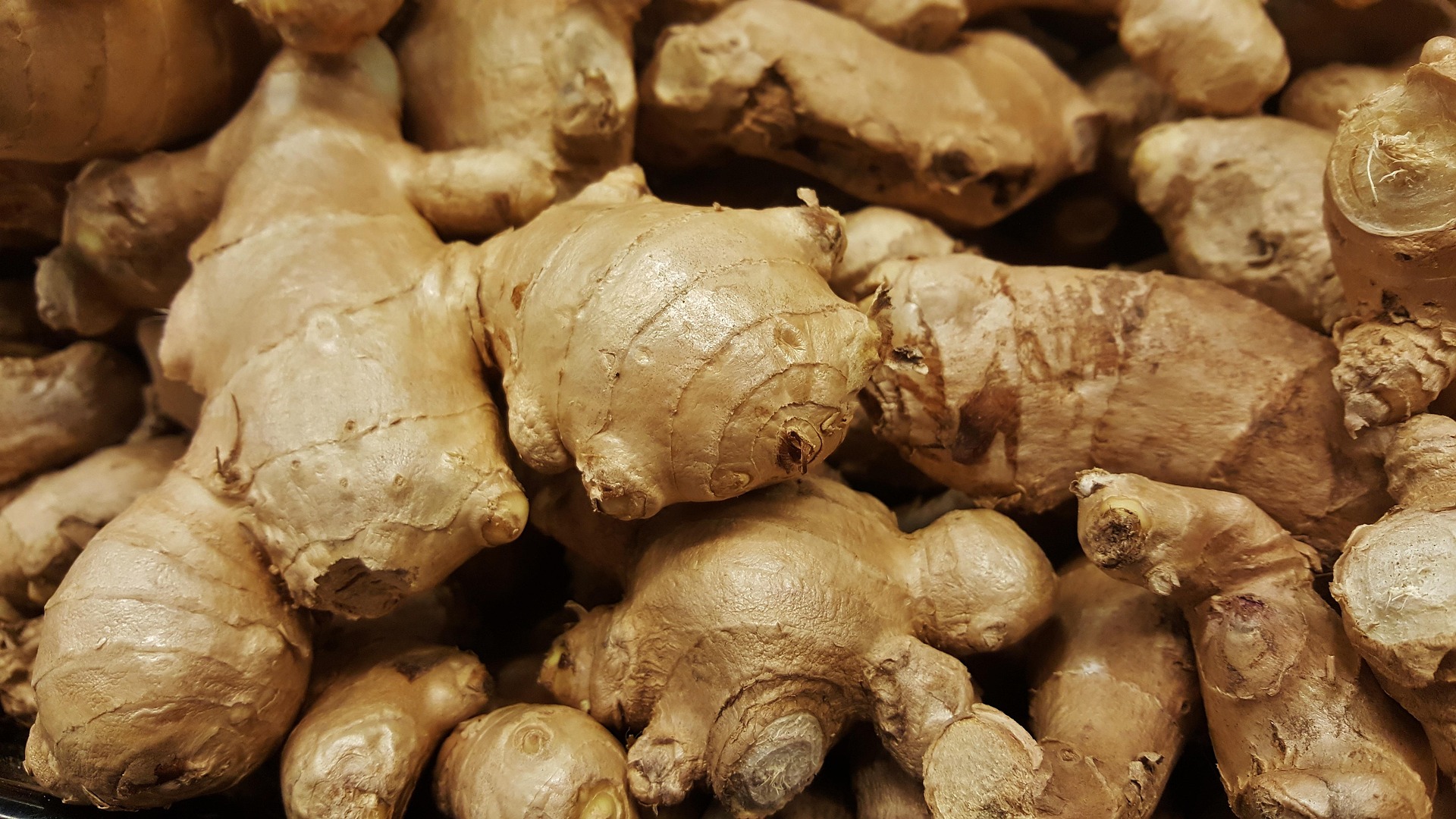
Ginger Root -
Key Benefits:
-
Fosters normal blood and oxygen flow in the body
-
A good way to aid digestion and prevent nausea
-
Scientific Support:
-
Several studies have documented the assistance ginger gives to the respiratory system.
-
-
Best Forms:
-
Fresh root can go into teas.
-
Sold in a powder form inside capsules
-
You may advantageously use essential oils in a steaming process.
-
-
-
-
Usage Tips:
-
Stir in some stone fruit, lemon and honey for warm drinks during the colder months.
-
-
-
Turmeric (Curcuma Longa)
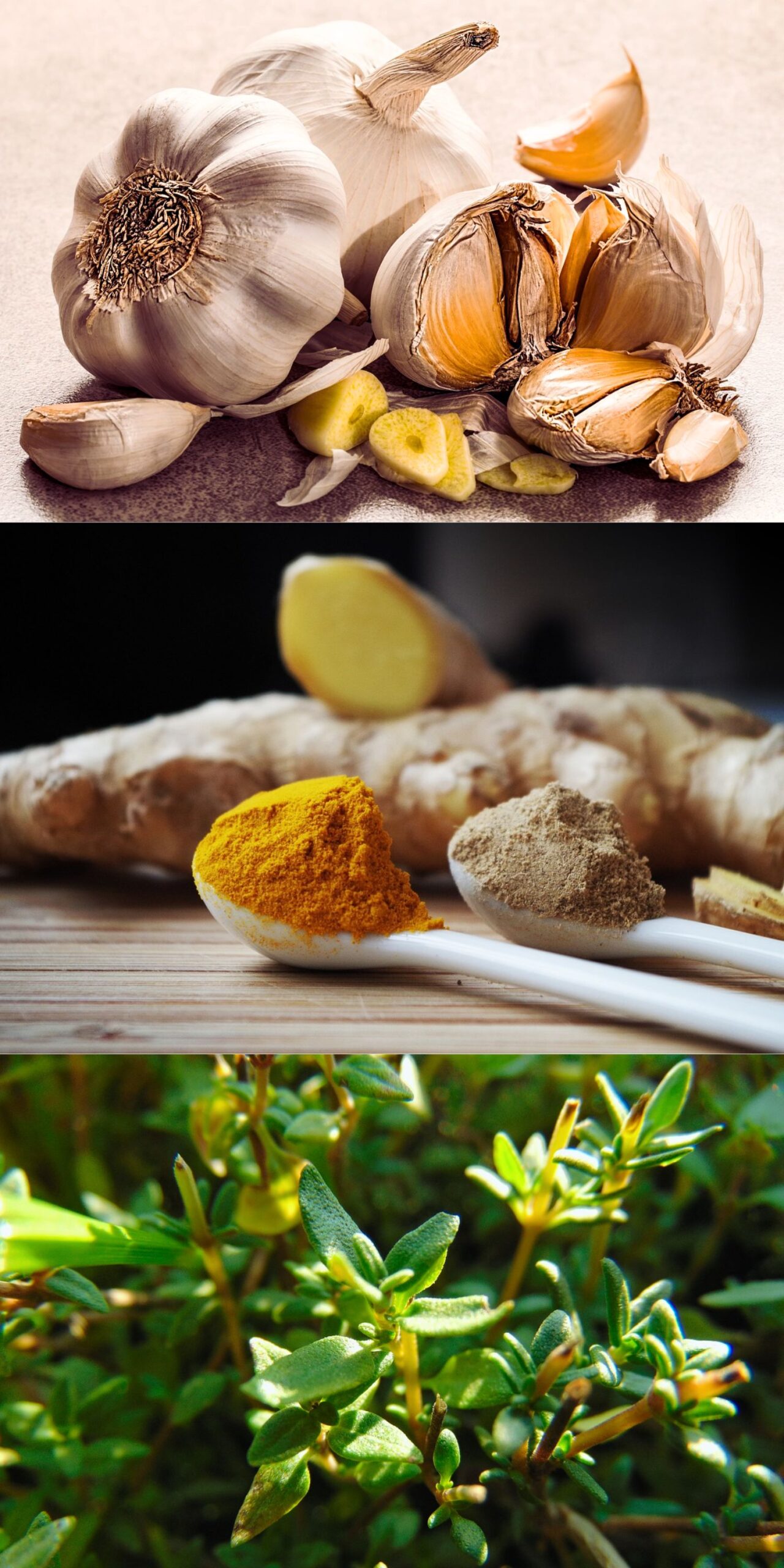
Garlic, Turmeric & Thyme -
Key Benefits:
-
Powerful anti-inflammatory
-
Helps the body process and remove free radicals
-
Helps the liver to cleanse itself.
-
-
Scientific Support:
-
Studies suggest that curcumin can influence the immune system.
-
-
Best Forms:
-
Products made from full-spectrum extracts containing piperine
-
Preparations of golden milk
-
Root vegetables are used in cooking
-
-
Usage Tips:
-
Make sure to eat with black pepper and some healthy fats because it helps the absorption of the nutrients.
-
-
-
Garlic (Allium Sativum)
-
Key Benefits:
-
Effective in fighting microbial organisms
-
Helps maintain good heart and blood vessel function
-
Enhances detoxification
-
-
Scientific Support:
-
In 2015, a systematic review established that garlic lowers the risk of catching a cold.
-
-
Best Forms:
-
Raw crushed cloves
-
Aged garlic extracts
-
Fermented preparations
-
-
Usage Tips:
-
Soak chopped garlic for 10 minutes before you put it into the dish.
-
-
-
Thyme (Thymus Vulgaris)
-
Key Benefits:
-
Strong antiseptic qualities
-
Can ease problems caused by congestion in the lungs
-
Antispasmodic properties are found in the plant’s role against coughs
-
-
Scientific Support:
-
Studies prove that thyme helps fight against respiratory infections.
-
-
Best Forms:
-
Fresh herbs to be made into teas or dried to store
-
You can give steam inhalation by using essential oils.
-
Syrups to help soothe a cough
-
-
Usage Tips:
-
Take with honey to help with sore throats.
-
-
-
Holy Basil (Ocimum Sanctum)
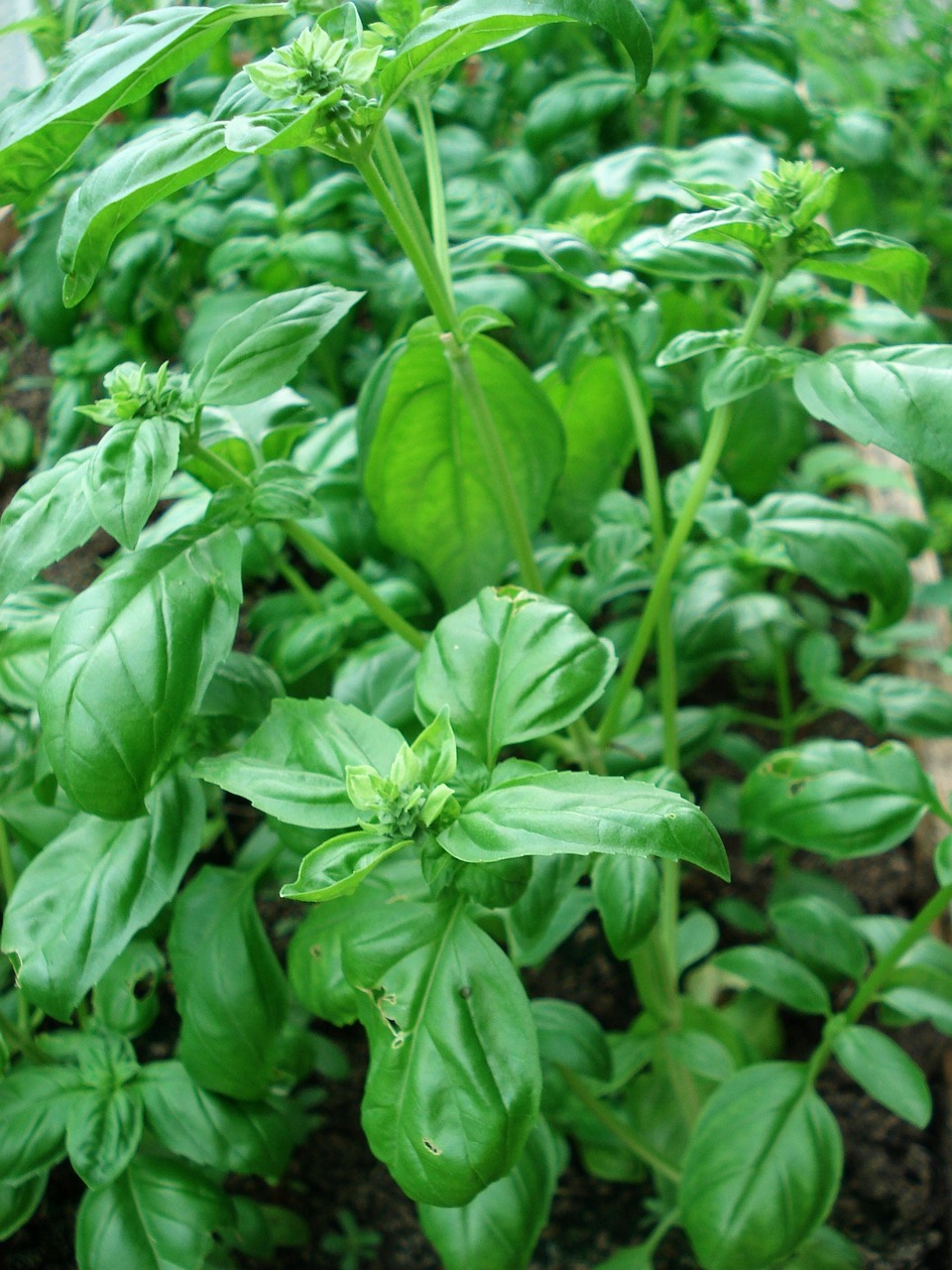
Basil Herbs -
Key Benefits:
-
Support for handling stress by adaptogens
-
Anti-inflammatory effects
-
Respiratory support
-
-
Scientific Support:
-
Holy basil is believed by studies to help improve immune responses.
-
-
Best Forms:
-
Using fresh leaves in making drinks
-
Alcohol extracts
-
Put into capsules for safety
-
-
Usage Tips:
-
Perfect for helping with daily stress levels and a strong immune function.
-
-
Putting a Winter Herbal Defence Plan in Place
Each person should use a preventive daily protocol.
-
Morning:
-
Astragalus or mushroom herbal tea
-
Consume Vitamin D with a healthy source of fat (usually fatty fish).
-
-
Every Day:
-
The use of garlic in food.
-
Elderberry and rose hips infusions
-
-
Evening:
-
Golden turmeric milk
-
Adaptogenic blend made of extracts
-
When the Pet Shows Symptoms
-
Take more of these herbal products.
-
Put thyme and holy basil tea bags into the water.
-
Administer elderberry syrup every 3 to 4 hours
When People Have a Full-Blown Cold or Flu
-
Incorporate medicinal mushroom extracts.
-
Inhaling steam by using ginger and thyme is helpful for the common cold.
-
Try Osha root or boneset if the infection is very severe.
Safety Measures You Must Keep in View
While Herbs for Winter Defence are generally safe, keep these precautions in mind:
-
Drug Interactions:
-
Echinacea might interact with drugs that affect the immune system
-
Garlic may interact with blood-thinning drugs by altering blood clotting.
-
-
Autoimmune Conditions:
-
It is important to check if immune-stimulating herbs are safe for you
-
-
Pregnancy/Breastfeeding:
-
Many herbs need special attention.
-
-
The amount of time a product is kept in the human body.
-
Using certain herbs in small amounts is effective.
-
Talk with a professional before using herbs or trying to treat yourself or a loved one.
For Winter Wellness: Other Therapies and Tips
To maximise the benefits of your Herbs for Winter Defence, combine them with:
-
Sleep Optimisation:
-
Always try to go to bed and wake up at the same times.
-
Make the bedroom a cool and shaded place to sleep.
-
-
Stress Management:
-
Using daily meditation or breathwork
-
Gentle exercises
-
-
Nutritional Support:
-
You can use bone broth and focus on eating fermented foods.
-
Antioxidants and bright colours in fresh vegetables
-
-
Movement:
-
Keep the amount of physical activity you do moderate, so you don’t overdo it.
-
Whenever we can do an outdoor workout
-
Summary: Creating Resilience to Seasonal Changes
By strategically incorporating these Herbs for Winter Defence into your wellness routine, you can significantly enhance your resilience against seasonal challenges. Make sure to keep your immune system healthy every day, starting from early on, rather than waiting till you’re sick to help it.
One of the nicest features of herbal medicine is that it supports your body’s defences mildly and effectively, while being adjustable for each person. No matter if you pick just a few herbs or design detailed herbal treatments, you make use of knowledge from the past, verified by current research.
Which of these Herbs for Winter Defence will you incorporate first into your seasonal wellness routine? Let us know what you want to do in the comments!
